Photo credits: L.A. Scruggs
An angry white mob bombarded and torched Ida B. Wells’ newspaper’s office in Memphis, Tennessee, on May 27, 1892, while she was abroad visiting Philadelphia.
If Wells returned to the city, she faced severe physical injury or death. Three Black men had been lynched in Memphis only months prior, in March. Ms. Wells, then 29, was well-known to the three men. She was a local Black schoolteacher, investigative editor, and co-owner of The Free Speech and Headlight newspaper.
Despite the fact that Ms. Wells was already a renowned writer and supporter of African-American issues, the hangings of her friends prompted her to investigate the prevalence of racial terror lynchings and the bogus allegations that are sometimes used to excuse them. She utilized the newspaper as a vehicle for disseminating the material she had obtained.
Ms. Wells discovered that most Black lynching victims were killed for minor offenses or non-criminal transgressions such as failing to pay debts, public drunkenness, engaging in consensual interracial romance, or—as in the case of her friends—challenging white domination.
“Nobody in this section of the country believes the old threadbare lie that Negro men rape white women,” Wells wrote in an 1892 editorial.
Ms. Wells’ editorial was promptly condemned by white Memphis newspapers, which called her a “Black scoundrel” and stoked local white fury. A raging mob of white racists stormed her newspaper a few days later. They threatened to murder her if she returned to the city, according to a report by the Equal Justice Initiative.
Ms. Wells subsequently relocated to Chicago, where she married, established a family, and campaigned against lynching until her death in 1931. During her lifetime, her investigations, lectures, and written publications addressed racist terror.
She made certain that such an important element of history would not be lost or forgotten by future generations.





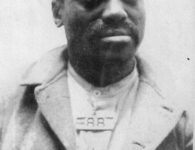




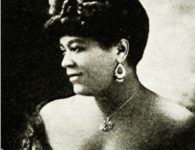
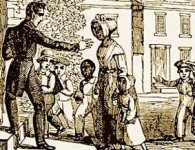



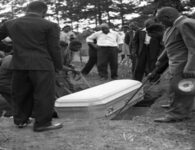
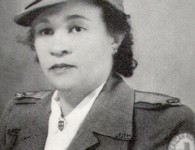

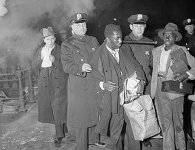
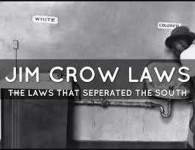

No comments